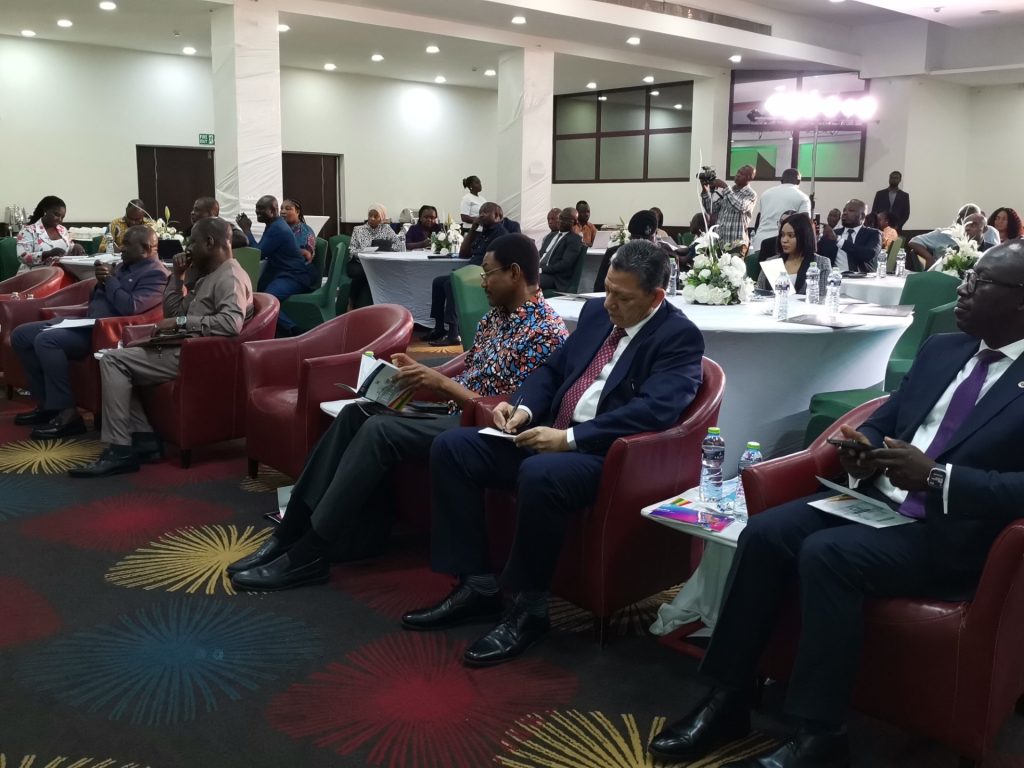By Jibril Abdul Mumuni
Accra, Sept. 19, GNA- Dr. Patrick Kuma-Aboagye, Director General, Ghana Health Service (GHS), says the elimination of viral hepatitis in Ghana needs effective collaboration and partnership by all stakeholders to achieve desired results.
He expressed worry that Ghana had a high burden of predominantly chronic hepatitis B and to a lesser extent chronic hepatitis C, which had caused significant illness and premature deaths from liver-related conditions among thousands of the population.
The Director General was speaking at the Ghana Hepatitis Stakeholders’ Conference, 2024 in Accra, as Ghana embarks on Hepatitis elimination by 2030, on the theme: “Mobilising Partnerships for Viral Hepatitis Elimination in Ghana”.
Dr Kuma-Aboagye said despite the worrying trend, very few people had been diagnosed and, therefore, known to the health system due to low testing capacity and inadequate reporting and surveillance.
In 2022, Ghana was estimated to have lost over 15,000 lives to hepatitis B and C-related liver diseases, amounting to some 42 deaths per day, while an estimated eight per cent of new-borns are born to mothers who tested positive for hepatitis B at the antenatal clinics in the country.
That, according to the Director General, stood a higher risk of infections, and transmission from mother to baby, depending on the viral status of their mothers.
He stressed that the elimination of the disease could be made possible with strong partnership and contribution of all stakeholders to achieve the targets, saying, “Every stakeholder, be it at the community, district, regional, national or international will have a role to play in ensuring that Ghana moves forward on the hepatitis response towards the 2030 goal.”
Dr Frank Lula, World Health Organisation (WHO) Country Director, described as unfortunate the rate at which people were losing their lives to the disease.
He charged Civil Society Organisations to foster stronger collaboration and ensure active participation in the elimination process because they had over the years influenced programmes and activities with positive results.
“I have seen it with the HIV response over the past few decades. And this is something we can also work with to make sure we rally our civil society to be part of the response.”
Mr Alexander Akwasi Acquah, Deputy Minister of Health (MOH), said as Ghana approached the 2030 Sustainable Development Goals (SDG) year, it needed more mutually beneficial partnerships of all kinds and at all levels to help mobilise the needed financial, logistical, and technical assistance to fight the disease.

“The Ministry is keenly aware of the obligations imposed by the Abuja Declaration of 2021, the Cairo Declaration of Viral Hepatitis in Africa, and the World Health Assembly decisions relating to viral hepatitis elimination.
“The Ministry’s own Universal Health Coverage Roadmap for Ghana 2020-2030 envisions a country where all people infected with viral hepatitis in Ghana have timely access to high-quality health services, irrespective of ability to pay at the point of use,” he stated.
Mr Acquah said the Ministry would open dialogue with the Ministry of Finance to mobilise domestic resources and create the needed fiscal streaks to fund viral hepatitis elimination, adding that the MOH was willing and ready to lead the way.
GNA